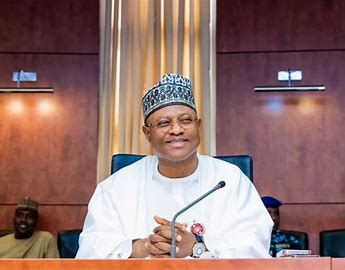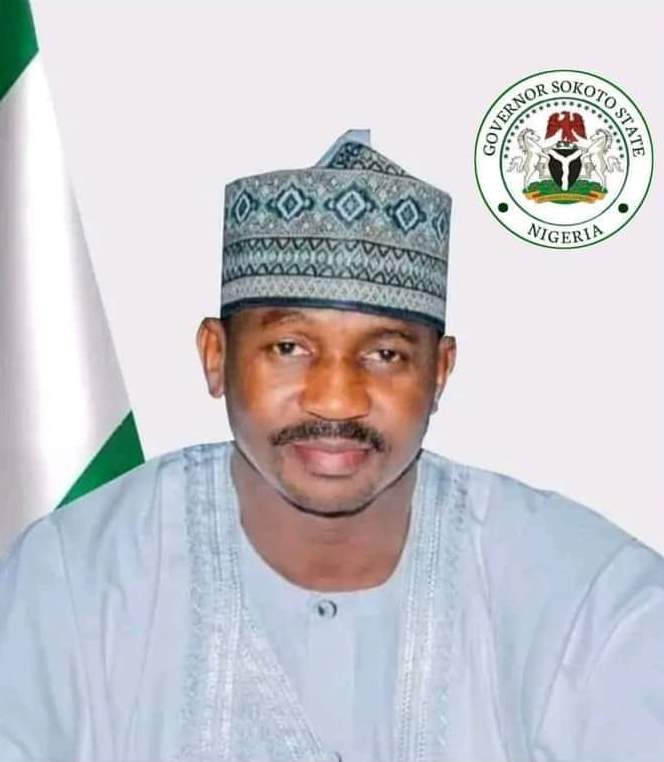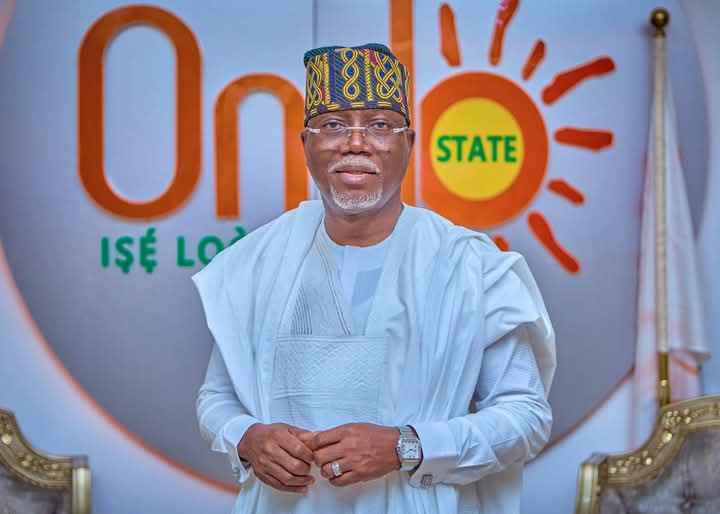Governor Uba Sani: Driving Inclusive Development Through Skills, Innovation, and Financial Empowerment

Governor Uba Sani of Kaduna State has emerged as a dynamic reformer, tackling the twin challenges of poverty and insecurity through a bold strategy anchored on skills acquisition and financial inclusion. Since assuming office in May 2023, he has launched a series of groundbreaking initiatives to empower the youth, expand economic opportunities, and foster a more secure and prosperous society.
At the heart of his administration’s skills development drive is the establishment of state-of-the-art Vocational and Technology Skills Acquisition Cities in Rigachikun, Samaru Kataf, and Soba. These centers, tailored to meet modern labour market demands, offer specialized training in areas such as artificial intelligence, automotive mechatronics, solar power installation, and ICT. With a target of certifying 1,600 youths annually, the initiative is directly addressing youth unemployment and fostering a culture of self-reliance and innovation.
The program’s credibility is further enhanced through strategic partnerships with the National Board for Technical Education (NBTE) and global tech giants like Microsoft, Google, CISCO, and Huawei, ensuring that graduates receive globally recognized certifications. Additionally, the transformation of Panteka Market in Kaduna into a skills acquisition hub for over 38,000 artisans exemplifies Governor Sani’s commitment to blending tradition with innovation—reviving craftsmanship while modernizing the informal sector for job creation and economic sustainability.
Recognizing the importance of a coordinated approach, the governor inaugurated the Kaduna State Skills Development Council in August 2024. Chaired by the governor himself, the council provides strategic oversight and planning, ensuring the sustainability of the administration’s youth empowerment blueprint. These efforts have already yielded visible results, creating employment, reducing insecurity, and positioning Kaduna as a skills-driven economy.
Complementing this skills revolution is Governor Sani’s bold financial inclusion agenda, aimed at lifting millions of vulnerable citizens out of poverty and integrating them into the formal economy. In July 2023, he signed an Executive Order to bring 2.5 million unbanked individuals into the financial system. This directive led to the development of a comprehensive state financial inclusion strategy, creation of a register of poor and vulnerable persons, and partnerships with banks and fintech companies to open accounts for marginalized residents.
One of the key partnerships, with eTranzact, brought innovative platforms like Credo and PocketMoni to Kaduna, simplifying access to banking and government support services. As a result, nearly 3 million citizens now have access to financial tools that enhance economic participation and reduce exclusion, especially in rural communities.
At the Kaduna Economic and Financial Inclusion Summit (KEFIS 2025), Governor Sani reaffirmed his administration’s vision for economic equity. He emphasized that financial inclusion goes beyond access to bank accounts—it is about empowering individuals and communities to make meaningful economic contributions, escape poverty, and live dignified lives. His address highlighted the success of Kaduna’s approach in reducing poverty and income inequality, with Micro, Small, and Medium Enterprises (MSMEs) receiving targeted support as engines of innovation and local development.
To mitigate the economic impact of subsidy removal, Governor Sani’s administration launched a N4.2 billion intervention fund that has benefited over 4,000 SMEs and vulnerable households. Through the Kaduna State Enterprise Development Agency (KADEDA), grants between N50,000 and N300,000 were provided to 8,649 nano and micro businesses, enabling them to scale and create more jobs.
Furthermore, the welfare of civil servants has remained a priority. A N500 million Revolving Loan Scheme was launched, offering a low 5% interest rate, while over N4.7 billion has been paid in death and gratuity benefits over the past 18 months. These measures reflect a governance style deeply attuned to the needs of the people.
From empowering artisans and youth with market-relevant skills to integrating the financially excluded and nurturing small businesses, Governor Uba Sani has laid a robust foundation for Kaduna’s inclusive growth. His administration’s integrated approach to development—bridging skills, technology, and finance—has become a model for other states to emulate. Kaduna is not just witnessing progress; it is redefining what transformational governance looks like.




